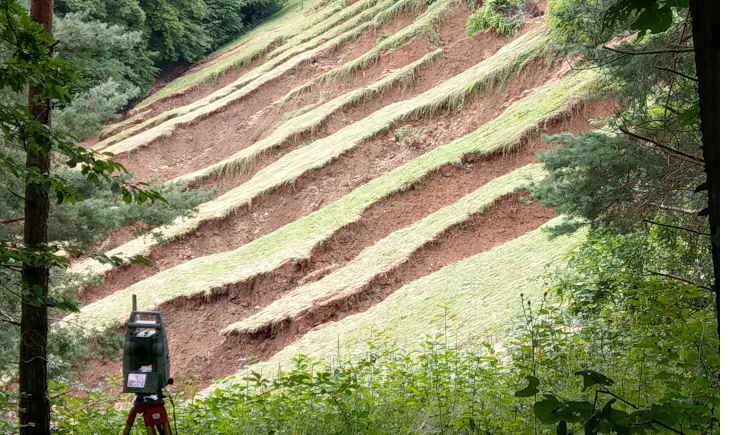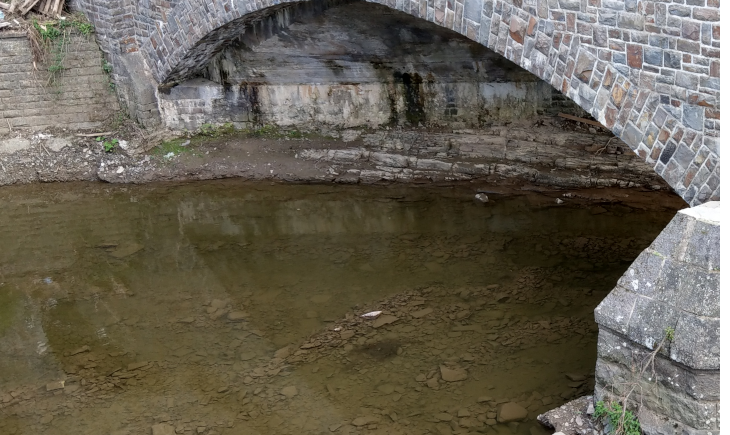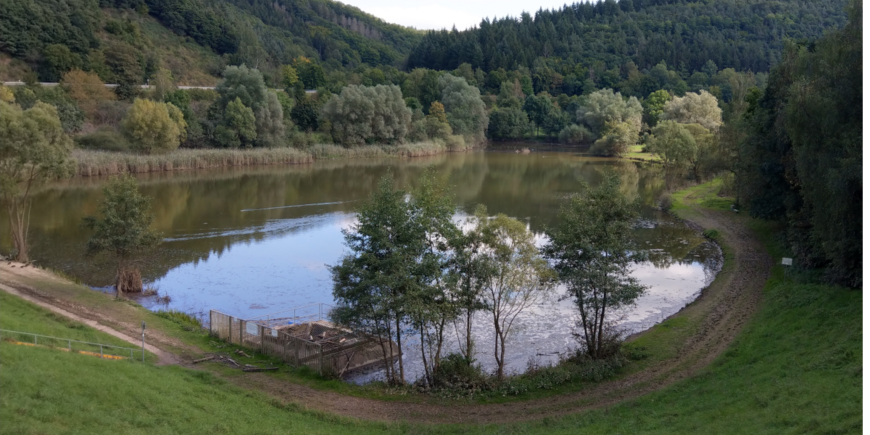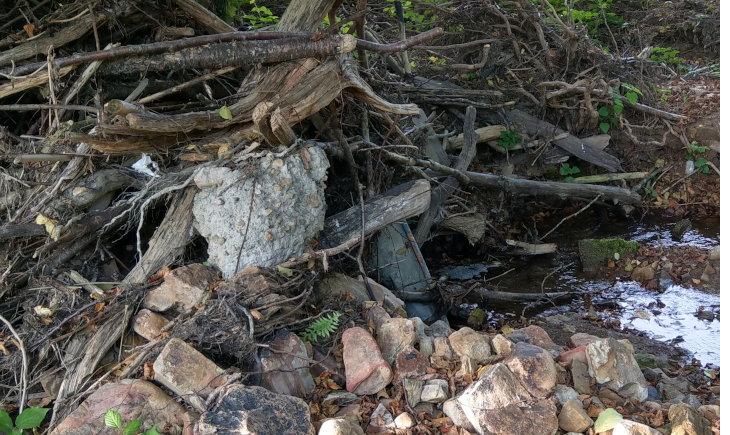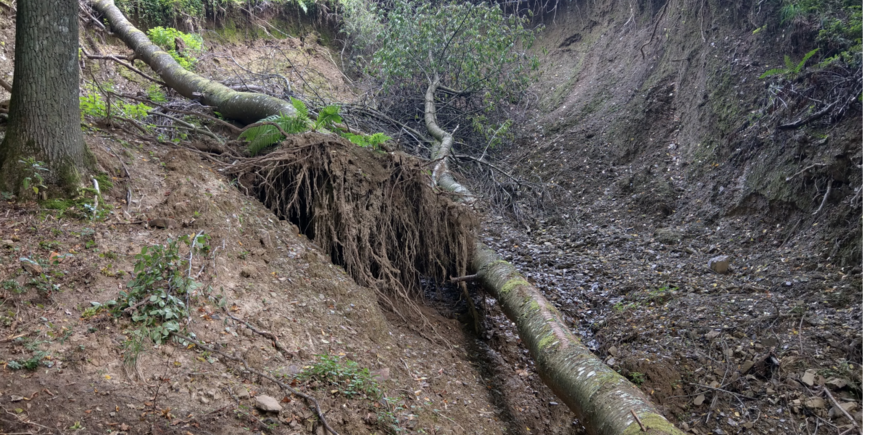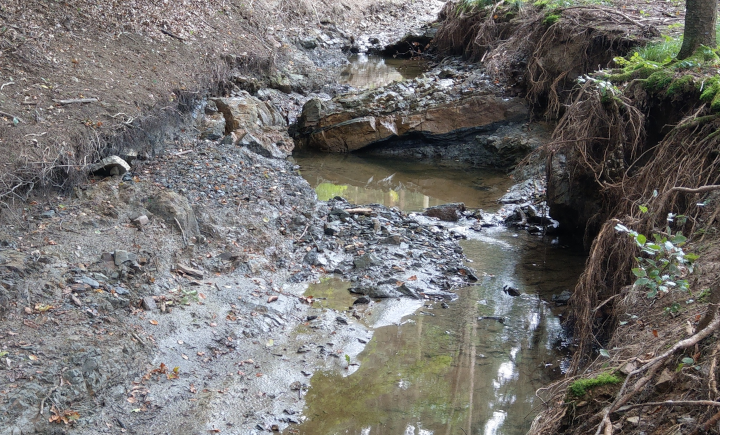Eifel Flood Event 2021 HART action

The July 14, 2021 extreme rain event has caused severe flooding in several catchments originating in the Eifel region, west Germany. But the flood was more than just rapidly rising water levels and violently flowing streams. It mobilised massive amounts of organic and inorganic debris and sediment. This frequently led to clogging and hence non-linear flow dynamics, incision of hillslopes, lateral erosion and incision of streams up to their headwater creeks, and mass wasting events such as slope failures and debris flows. As a result, severe hazards emerged, rendering predictions unreliable.
To place future efforts in forecast improvement on robust base data and to effectively understand the evolution of events and damage processes, there is now a timely need to collect, analyse and evaluate high resolution on-site and remote sensing data of the affected regions and resulting damage, before restoration efforts, subsequent flood events and landscape re-organisation overprint the traces of the immediate flood effects. Currently, airborne laser scan data are being collected at five times higher resolution than usual. The products will be used to regionalise field-based mapping results of campaigns that are currently enrolled by GFZ Potsdam, University of Trier, University of Bonn and University of Tübingen. In addition, high resolution remote sensing data from immediately after the event will be used to resolve the traces of the flood. At a later stage, interviews will be conducted to quantify the damage of private and federal property.
Associates
- Sigrid Roessner (Remote Sensing and Geoinformatics, GFZ)
- Ugur Öztürk (Seismic Hazard and Risk Dynamics, GFZ)
- Section 4.4: Hydrology (GFZ)
- Research Training Group NatRiskChange (University of Potsdam)
- Rainer Bell (University of Bonn)
- Faculty of Physical Geography (University of Trier)
- Alexander Beer (University of Tübingen)


